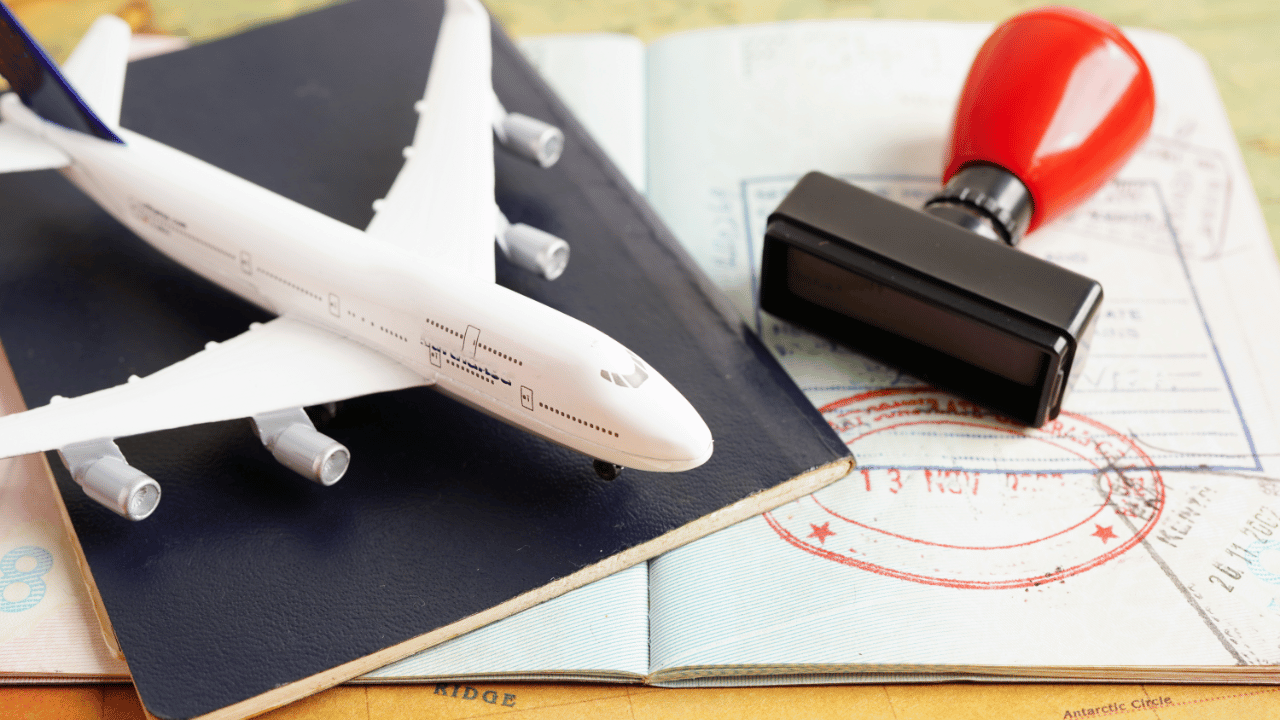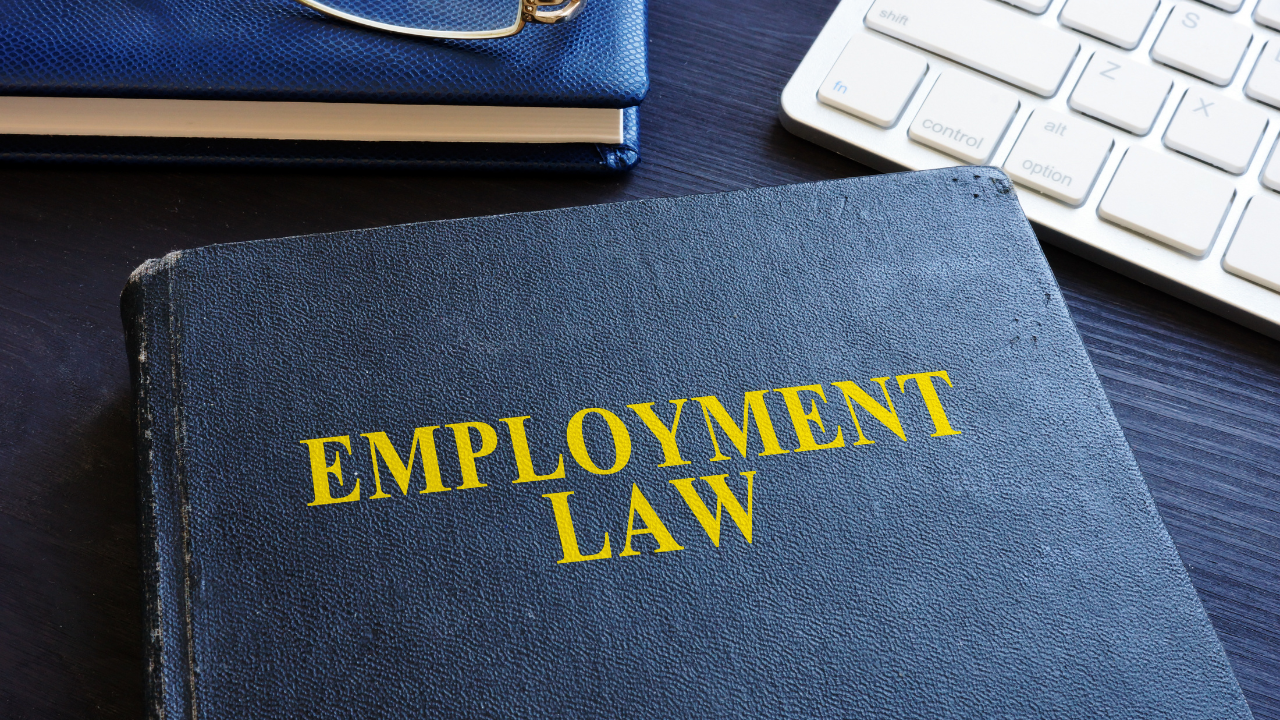Understanding the Significance of a Sponsor Licence
Are you a business aiming to hire overseas nationals? Look no further than a sponsor licence, your gateway to recruiting skilled foreign workers. For migrants seeking a Skilled Worker visa, Temporary worker visa, or visa extension, sponsorship by an employer with a licence is mandatory. Employers bear the responsibility of ensuring their workforce’s legal right to work in the UK. Consequently, possessing a sponsor licence is imperative when hiring international talent.
You do not need a sponsor licence to employ an Irish citizen, a person with settled status in the UK, an EU/EEA/Swiss national with pre-settled status, or a person whose visa allows them to work in the UK.
Prerequisites for Acquiring a Sponsorship Licence
When pursuing considering a sponsor licence application, the Home Office assesses three key aspects:
- Authenticity: Establishing the applicant as a legitimate entity operating lawfully in the UK. The recruitment for migrant workers is genuine based on the need of the business.
- Integrity: Verifying the applicant’s credibility, reliability, and trustworthiness.
- Capacity: Evaluating the applicant’s ability to fulfil sponsor duties and demonstrate compliance. A sufficient HR system and key personnel must in place.
Key personnel:
- One authorising officer: the authorising officer must be based in the UK and is the most senior person within the company responsible for the recruitment of migrant workers and the activities of all SMS users, ensuring all sponsor duties are met.
- Key contact: is the main contact between the sponsor and the Home Office. It could be a legal representative.
- Level 1 user(s): carry out day-to-day sponsorship activities using the Sponsorship Management System (SMS), such as reporting migrant activities, record keeping, assigning CoS to workers, etc. At least one level 1 user must be an employee of the sponsor, whether part-time or full-time.
For those seeking to sponsor Skilled Workers, genuine employment opportunities matching the required skill level and fair wages are vital. Alongside the application, specific documents are crucial. However, the documents needed vary based on the applicant’s organisation type and industry. Incorrect documentation submission may lead to application rejection.
The primary documentation include:
- Company registration/licence documents
- VAT, PAYE registration
- Business bank account
- Employer liabilities insurance
- Title or lease of business premises
- Job offer description
and other route specific documentation
Diverse Licence Categories
Sponsor licences encompass two primary categories, catering to distinct business needs:
- Workers: For skilled or long-term employment, leading to worker’s settlement in the UK.
- Temporary Workers: For specific short-term employment needs.
Each licence type features several subcategories, accommodating various industries and circumstances.
Exploring Licence Types and Subcategories
A company can choose the category or categories they are applying for based on the need of business.
Worker licence includes:
- Skilled Worker: The main route for skilled non-UK workers, except EU/EEA/Swiss nationals under the EU Settlement Scheme.
- Senior or Specialist Worker: Designed for transferring established employees to the UK in multinational companies or linked businesses. Duration varies based on salary, without leading to UK settlement. This route will not lead to settlement for the workers.
- Minister of Religion: For religious organisation workers, including non-pastoral roles. To sponsor persons who come to the UK to perform religious duties, mainly involving preaching and pastoral work.
- International Sportsperson: For elite sportspeople and coaches stationed in the UK.
Temporary Worker licence include:
- UK Expansion Worker: Designed for oversea businesses who intend to send workers to establish its trading in the UK.
- Graduate Trainee: Designed for multinational companies who intend to send trainees to its UK establishment or linked businesses.
- Secondment Worker: Designed for overseas businesses who have a high-value contract or investment (over £50 million) with a UK business and wish to assign their staff to the UK temporarily.
- Service Supplier: To sponsor a person who comes to the UK to provide contractual services under a valid international trade agreement.
- Seasonal Worker: For workers in horticulture and poultry sectors to work in the UK for a short period.
- Creative Worker: Catering to creative industry professionals, such as an artist, dancer, musician, entertainer, or a model.
- Charity Worker: Enabling unpaid work at charities.
- Religious Worker: Allowing supporting religious work within religious orders or organisations. Allowing supporting religious work within religious orders or directed by the sponsor’s organisation.
- Government Authorised Exchange: Facilitating short-term knowledge exchange or training under approved government authorised exchange scheme.
- International Agreement route: to sponsor a person who come to the UK to provide services covered under international law, such as private servants in diplomatic households, or employees of overseas governments and international organisations.
Navigating the Licence Application Process
Applications are submitted online. It is crucial to choose the correct tier, categories, and subcategories. The submission sheet, printed, signed, and emailed with supporting evidence, must be sent within five working days of the application date.
Timeframe and Costs
The Home Office aims to decide on applications within eight weeks under the standard service, or 10 working days under the priority service which carries an additional fee of £500. Expedited processing via the priority service incurs a fee of £500, although accelerated decision-making is not guaranteed. Standard application costs vary based on business size: and sponsored visa types.
- Small Business: £536. You are usually a small sponsor if at least 2 of the following apply:
- your annual turnover is £10.2 million or less
- your total assets are worth £5.1 million or less
- you have 50 employees or fewer
- Medium or Large Business: £1,476.
* After the licence is granted and when assigning a certificate of sponsorship (CoS) to a worker, additional CoS fee and Immigration Skills Charge will apply. per migrant worker.
Potential Application Outcomes
Sponsor Licence applications can be rejected, refused, or granted with an A-Rating, If the application is successful, the sponsor will be granted a licence valid for four years. The sponsor can then assign a certificate of sponsorship (CoS) to their selected migrant workers. The workers must have a valid CoS for their individual visa application. Non-compliance may lead to licence revocation by the Home Office. Successful applications enable employers to issue certificates of sponsorship to selected migrant workers.
Our Expert Assistance
At Davenport Solicitors, we offer comprehensive solutions for a seamless sponsorship process. From compliance guidance and documentation preparation to audit simulations and immigration law alignment, our services ensure your sponsorship journey is streamlined and in compliance with regulations.
Connect with Us
Do you require assistance with your Sponsor Licence application? Our skilled immigration lawyers are here to assist. Connect with us today and embark on a successful sponsorship journey.













